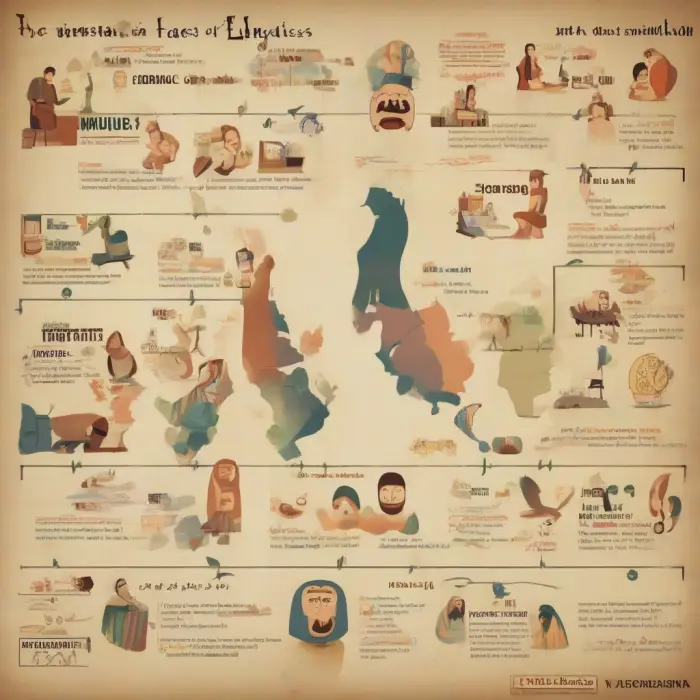AI Ascendance: The Future Unveiled
The 21st century has been dubbed the 'Information Age,' characterized by the rapid technological advancement that has fundamentally transformed the way we think and operate. One such groundbreaking development is the advent of Artificial Intelligence (AI). Initially conceived as a concept in the realm of science fiction and hypothetical future scenarios, AI is now a vivid, powerful reality with unprecedented potential to reshape industries and societies at large.
The AI Ascendance: A Glimpse
In practical terms, AI involves the use of computers or machines to mimick human intelligence. From understanding natural language and recognizing patterns to learning from experience and making informed decisions, these intelligent machines are proving increasingly proficient at tasks previously thought exclusive to human capability.
Apps on our smartphones such as Siri, Google Assistant, or Alexa are all powered by AI. They use machine learning and natural language processing to predict our needs and carry out tasks. AI powers self-driving cars, streamlines industrial processes using predictive maintenance, and even aids healthcare through advanced diagnostics. It's clear the ascendancy of AI is revamping our reality, but what about the future? What does the future hold with AI at the forefront?
Unveiling the Future: AI-Powered Technologies
The first step in uncovering the role of AI in the future is to understand the various facets of AI being developed and experimented with today.
- Machine Learning and Deep Learning: Here, AI algorithms learn from vast amounts of data, iteratively improving their performance. From image recognition and voice recognition to self-driving cars, these AI subsets have a wide range of applications.
- Natural Language Processing (NLP): NLP helps machines understand and interact in human language, enabling smoother human-machine interaction. Future advancements are looking at sentiment analysis and emotional AI.
- Robotics: AI in robotics will likely lead to autonomous robots capable of learning from their environment and making decisions. This could revolutionize industries like manufacturing, healthcare, and even space exploration.
AI in the Future: Prospects and Challenges
The AI of the future promises a realm of possibilities. The enhanced capacity to process and analyze data might lead to significant breakthroughs in scientific research and an array of sectors, from healthcare to finance.
Yet, the ascendancy of AI raises important questions and challenges. Issues regarding data privacy, job displacement, and ethical concerns over autonomous decision-making machines need to be addressed. Ensuring inclusivity, fairness and transparency in AI systems is a monumental but necessary task.
There's no doubt that AI will continue to evolve and shape our world in ways unimaginable. As we sail into this uncharted territory, it's imperative to guide the AI ascendance responsibly, leveraging its vast potential for social good while mitigating risks.
Conclusion
From seemingly clunky robotic beginnings to sophisticated systems capable of incredible feats, AI has rapidly become a driving force shaping our world. As we journey further into the Information Age, the stage is set for AI's ascendance, unfolding a future rich with opportunities, challenges, and endless possibilities.










